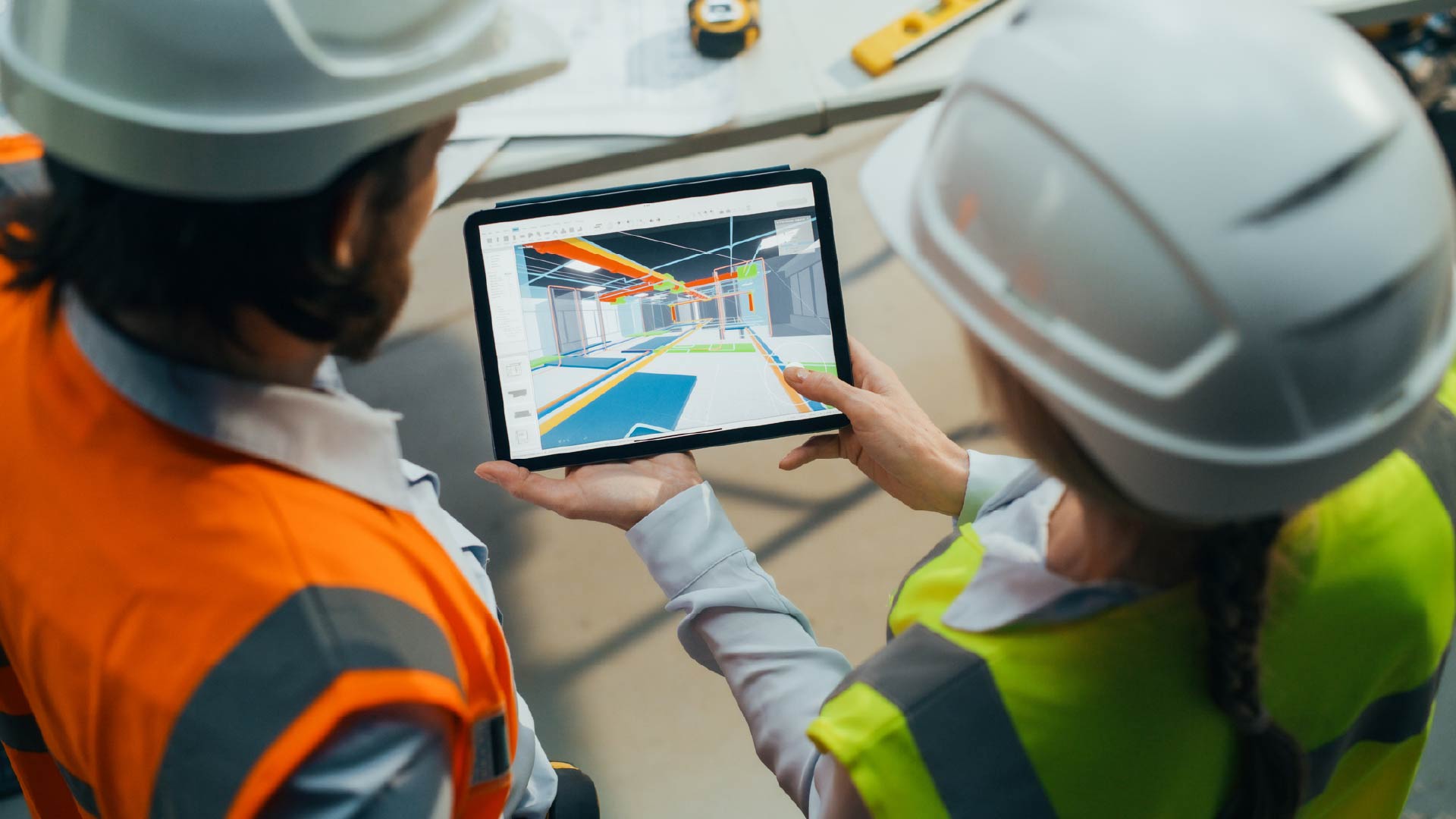The Future Of Smart Building Success Depends On Technology Talent

Sandy Rogers
Digital technologies are increasingly critical to everyday building operations. Whether it be for energy savings or to keep building occupants healthy and safe, the ability for property owners, facilities managers and corporate leaders to apply modern software and data intelligence to a variety of tasks is becoming a necessary part of their jobs and those of their teams. Building and workplace systems are progressively capitalizing on technology advances in edge computing, sensors and IoT, advanced analytics, AI and digital twins. While these developments are exciting, individuals are needed to properly scope, implement, integrate, maintain and operate these solutions. Facilities teams with intimate knowledge of existing systems and enterprise goals need to guide and manage these technological advancement efforts, regardless of how each of the tasks are sourced.
Verdantix research indicates that a key obstacle hindering adoption of smart building technologies is lack of resources and skilled labour on facilities teams. A variety of demographic and socio-economic trends are accelerating this issue – such as the number of retiring workers and an incoming generation with less exposure, interest and fundamental training in the profession. Competition for employees across multiple industries remains tight, with many organizations operating at below ideal staffing and skill levels – including facilities and building operation workers. The RICS 2023 Q2 UK Facility Management Survey cited 70% of respondents having difficulty filling building operation and maintenance positions; a majority were also challenged to find workers for support services, property management, and energy management positions. According to the recently released OECD Employment Outlook 2023, overall unemployment rates have reached a historical low, with many countries at or below pre-COVID rates. The OECD study also indicates that a large proportion of employers in many developed countries are finding the lack of skills a barrier to adopting AI, for example. Finding those unicorns with both facilities experience and advanced technical expertise will be ever more challenging without a strong hiring and development plan. Strategies and organizational alignment to collaborate and partner with technical experts will also be paramount.
Aside from concerns around supporting newer technologies, organizations are also struggling to source individuals who can work with legacy building systems, processes and industry regulations. Organizations expect this trend to continue without an influx of new talent to the industry. While the skills shortage is not entirely a unique trend to the built environment, the amount of siloed, proprietary and specialized building systems creates a heavy burden. Time is ticking on the life expectancy of older systems – in part because of their declining operational effectiveness and increasing technical debt, as well as due to how many individuals will be available to provide support moving forward. Aging building management systems can be difficult to update and integrate with newer solutions to tackle important goals such as net zero decarbonization programmes and energy optimization. There is an opportunity right now to advance on all fronts: invest wisely in newer digital technologies that will leapfrog the existing install base of systems, and at the same time entice the next generation of technology-savvy workers into the evolving and expanding world of property and facilities management.
For insights on smart building technology adoption trends, see Verdantix Global Corporate Survey 2022: Smart Building Technology Budgets, Priorities & Preferences, and look out for our 2023 survey coming soon. Also, check out our research for further reading on smart building applications of sensors, IoT platforms, AI and digital twins.
About The Author

Sandy Rogers
Principal Analyst





